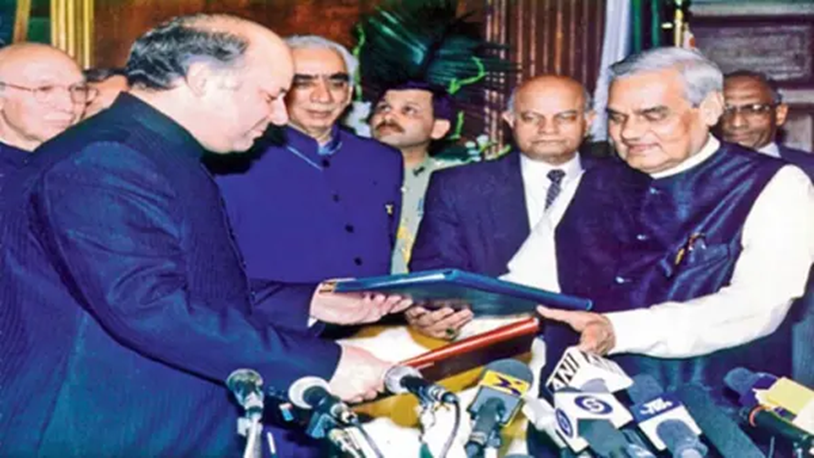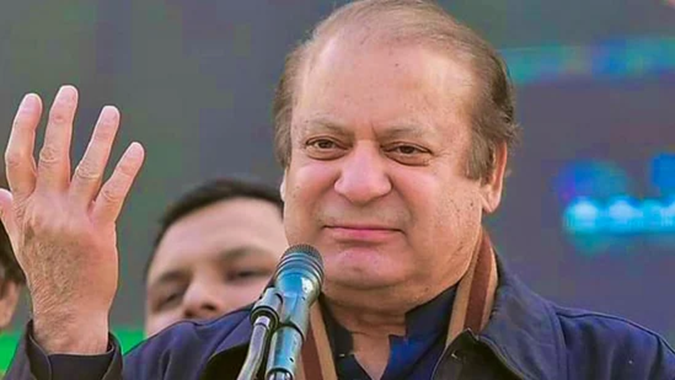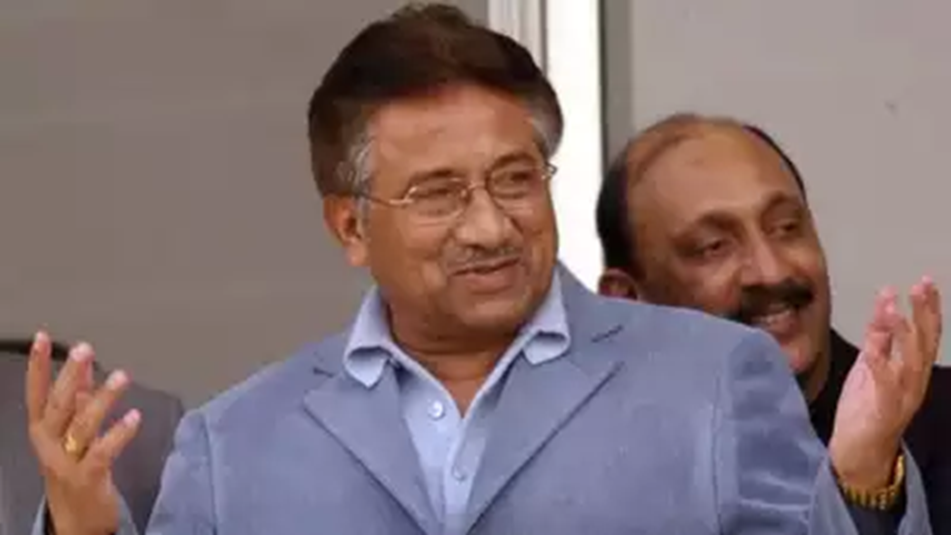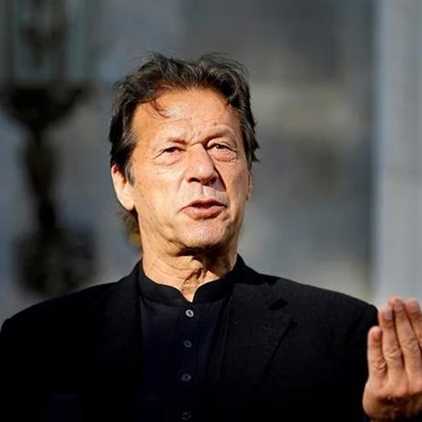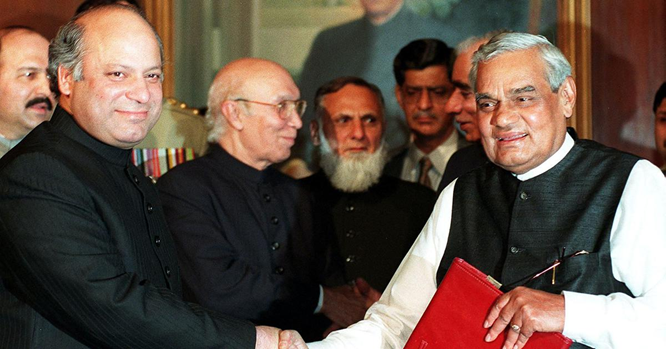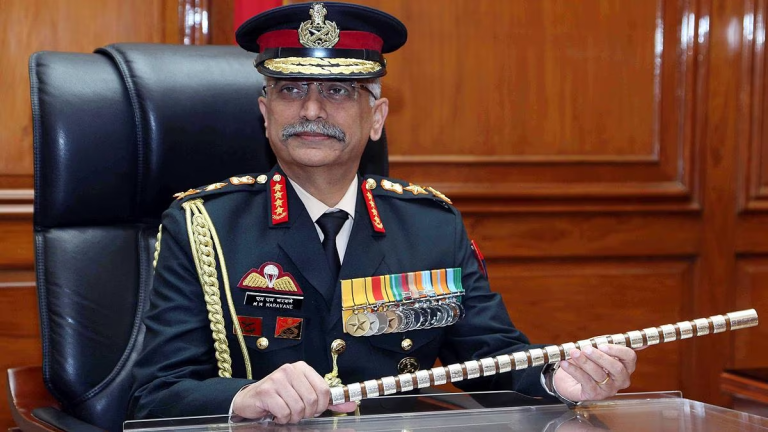Pakistan’s former Prime Minister Nawaz Sharif admitted that the country had “violated” the 1999 Lahore Declaration agreement with India, which was signed by him and then Indian Prime Minister Atal Bihari Vajpayee. Indirectly referring to the Kargil misadventure by General Pervez Musharraf, he said, “It was our fault.”
Nawaz Sharif Admits Pakistan Violated Lahore Agreement
Why In News
- Pakistan’s former Prime Minister Nawaz Sharif admitted that the country had “violated” the 1999 Lahore Declaration agreement with India, which was signed by him and then Indian Prime Minister Atal Bihari Vajpayee. Indirectly referring to the Kargil misadventure by General Pervez Musharraf, he said, “It was our fault.”
Lahore Agreement
- “On May 28, 1998, Pakistan carried out five nuclear tests. After that, Vajpayee Saheb came here and made an agreement with us. But we violated that agreement…it was our fault,” Sharif told a meeting of his party Pakistan Muslim League (N).
- The Lahore Declaration, a peace agreement between the two warring neighbours signed on February 21, 1999, called for maintaining peace and security and promoting people-to-people contact, among other steps.
- However, a few months later, Pakistani intrusion in the Kargil district in Jammu and Kashmir led to the Kargil War.
- Starting in March 1999, Musharraf, who was the four-star General of the Pakistan Army, ordered the secret infiltration of forces into the Kargil district in Ladakh.
- A full-scale war erupted after New Delhi discovered the infiltration, and India won the war while Sharif was the Prime Minister.
- A portion of Nawaz Sharif’s speech, aired by the state-owned Pakistan Television Corporation (PTV), has gone viral on social media.
- As Pakistan marked the 26th anniversary of its first nuclear test today, Sharif said, “President Bill Clinton had offered Pakistan USD 5 billion to stop it from carrying out nuclear tests, but I refused. Had (former prime minister) Imran Khan like a person been on my seat he would have accepted Clinton’s offer”.
- Sharif also stated that the case against him, which led to his removal from the office of Prime Minister in 2017, was false and alleged that it was orchestrated by Pakistan’s spy agency, Inter-Services Intelligence (ISI), to bring the now-jailed former Prime Minister Imran Khan to power.
- “I ask Imran not to blame us [of being patronised by the army] and tell whether [former ISI chief] Gen Zahirul Islam had talked about bringing the PTI [Pakistan Tehreek-e-Insaf ] into power,” he said while addressing PML(N)’s general council meeting.
- He also mentioned a message received from the ISI chief to resign from the office of Prime Minister in 2014 and said, “When I refused, he threatened to make an example of me.”
- Sharif was re-elected “unopposed” as the President of the ruling PML-N party, six years after the three-time former Prime Minister was forced to quit the post following a Supreme Court ruling in the Panama Papers case.
Lahore Declaration stressed the following points:
- Resolution of the Kashmir issue: Both nations agreed to intensify their efforts to resolve all issues, including the issue of Jammu and Kashmir.
- Terrorism: Both leaders reaffirmed their condemnation of terrorism in all its forms and manifestations and expressed their determination to combat this menace.
- Dealing with nuclear weapons: India and Pakistan committed to taking immediate steps to reduce the risk of accidental or unauthorised use of nuclear weapons. The declaration emphasised the importance of mutually agreed confidence-building measures to improve the security environment. The two countries also reiterated their commitment towards nuclear disarmament and non-proliferation.
- Focus on dialogue: It was agreed to intensify the dialogue process for an early and positive outcome of the agreed bilateral agenda.
- Commitment to SAARC goals: The declaration reaffirmed their commitment to the goals and objectives of South Asian Association for Regional Cooperation (SAARC). The aim was to promote the welfare of the people of South Asia and improve their quality of life through accelerated economic growth, social progress, and cultural development.
- Protection of human rights: The declaration also committed both nations to promote and protect all human rights and fundamental freedoms.

